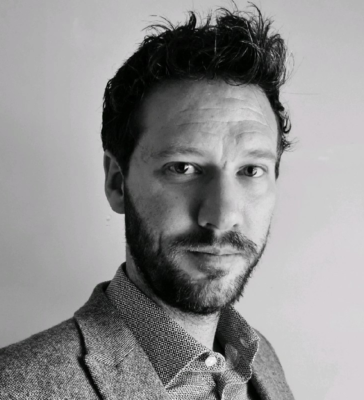
David Wheatley
Current Employer/Organisation Name
Ministry of Housing, Communities, and Local Government
What have you been doing since leaving Exeter, and what are you doing now?
I joined the Civil Service Fast Stream on the Project Delivery stream. My first posting was at the Ministry of Housing, Communities, and Local Government, as a Delivery Manager in the Analysis and Data Directorate. I enjoyed the work I was doing so much that I took a permanent position in the department at the beginning of 2019. Working closely with cloud technology, and delivering services to analysts that facilitate their intensive analytical work, I developed a passion for managing and improving the platform I had delivered as a delivery manager. Now I’m the senior platform service manager for our growing portfolio of high-profile, business critical cloud-based services and technologies.
Why did you choose this career? And what do you enjoy most about your work?
I chose project delivery because I’d worked on several projects at the University as a Student Community Warden. I liked the practicality of coordinating different work streams to achieve a goal, and wanted to pursue this. I particularly wanted to join the civil service because of my interest in politics, and to see how accurate The Thick Of It was. Delivering a cloud-platform for analytical work opened up a previously undiscovered interest in developing and managing these technologies. The platforms I work with are pioneering platforms in government, which makes my role very exciting. The learning and development investment I have received is fantastic, and makes planning out clear steps for my future career development easy, and entirely positive.
What did you enjoy most about studying here?
The campus is beautiful, and the support offered for mental health conditions should really be valued.
Why did you choose to study at Exeter?
It was ranked highly for my subjects and was an ambitious target for me.
What skills and experiences have been most useful for your career?
Practical work experience, no matter how menial the work may seem when you first start, is so useful to refer back to when applying for the more important ‘start-of-my-career’ jobs. I worked at the Marketplace, the Student Information Desk, the library, and as a Student Community Warden (I was at Exeter for quite a while). The more diverse your experience, the easier it will be to complete your applications.
What advice would you give to a current student who wishes to pursue your career?
If you want to get onto the Fast Stream, look through the CS Behaviours guide and learn to recognise and use those words that they want to hear you say, and then apply them to examples of what you’ve done. ‘Facilitate’, ‘lead’, ‘collaborate’, etc. – take a look and you’ll be able to work them out.
What are your plans for the future?
I’ll develop my cloud engineering credentials.

